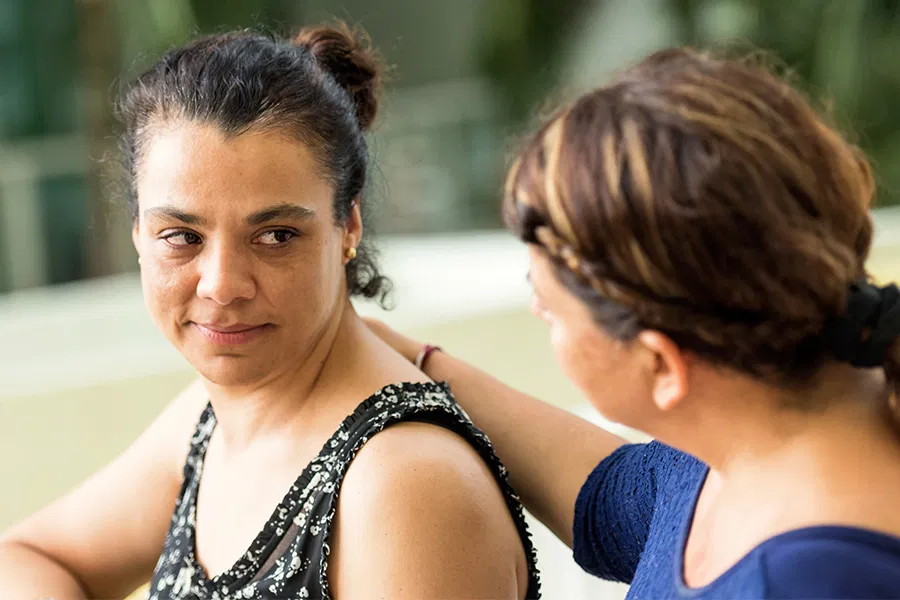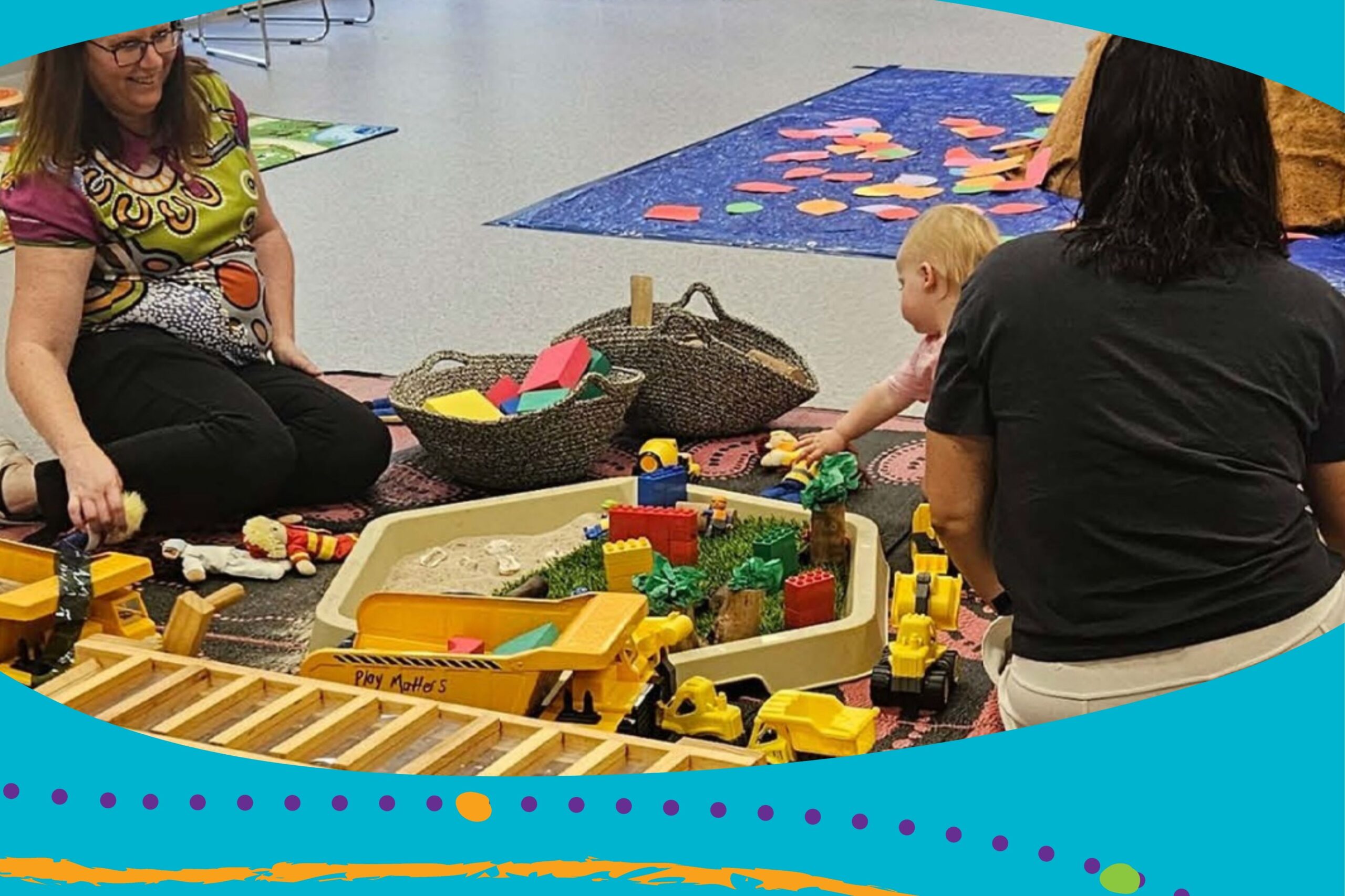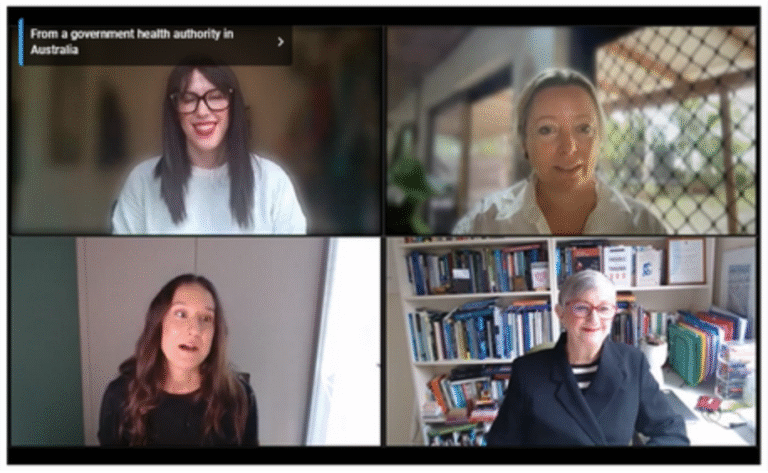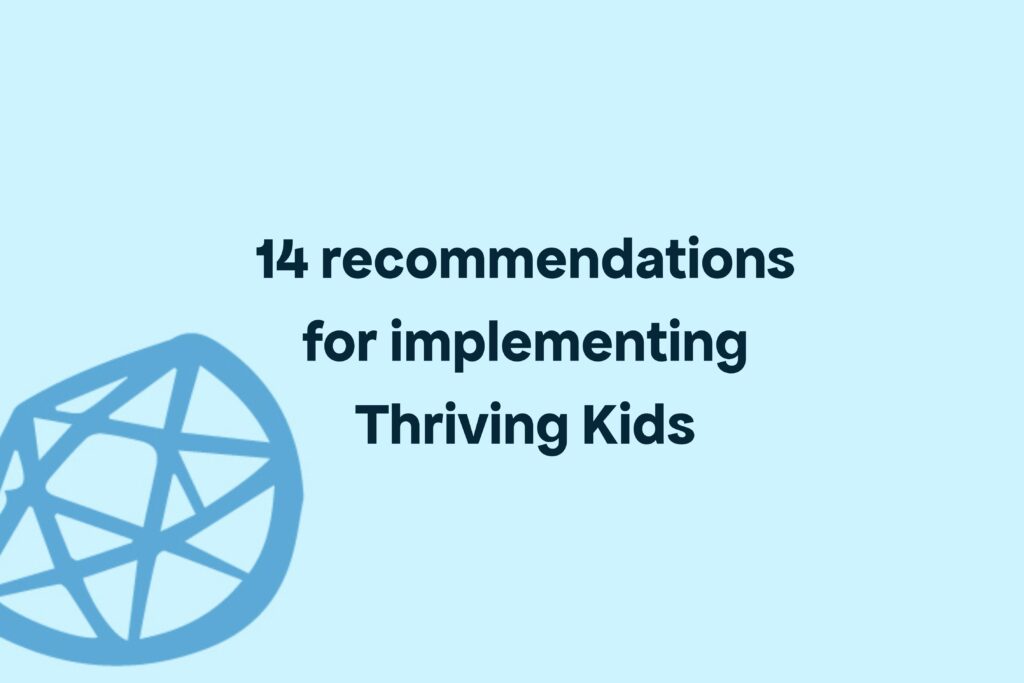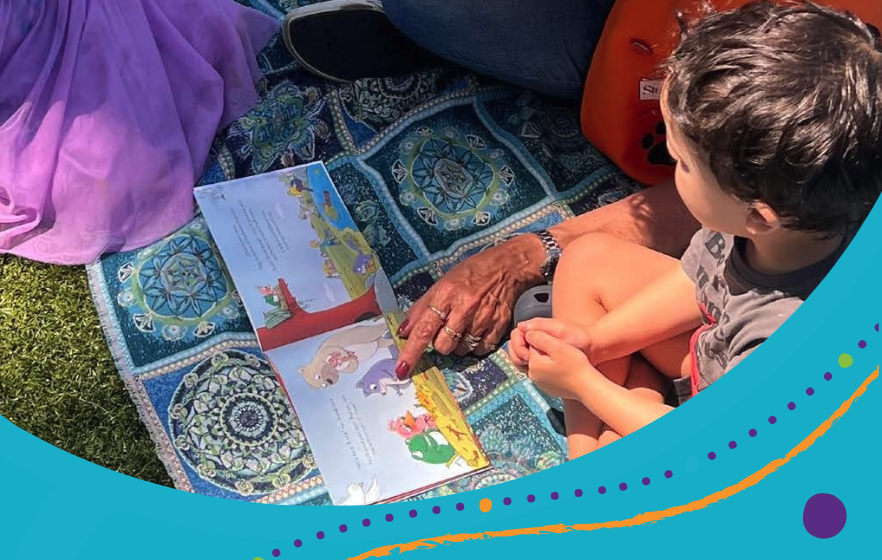By Anita Egginton, Thriving Kids in Disasters
Wellbeing for workers supporting children and families after a disaster
Emerging Minds partnered with Child Family Community Australia (CFCA) to host this timely, recently-published webinar that explores how to bolster the wellbeing of workers who support infants, children, young people and families before, during and after disasters and severe weather events. It is intended for both managers and front-line practitioners and draws on a mix of technical and scientific knowledge and lived experiences.
Facilitated by Jacquie Lee (Emerging Minds), the expert panel includes:
– Michelle Roberts (Psychologist, Teacher, and child disaster consultant)
– Tanya Iellamo (Occupational Therapist, Royal Far West)
– Sarnia Ralston (Queensland Manager, National Association for Prevention of Child Abuse and Neglect).
This webinar highlights the essential role of disaster management practitioners, front-line workers, and volunteers in aiding children and families affected by severe weather events and disasters. It also acknowledges the impact of a new era of cascading events on their lives and those they support. The speakers recognize that many workers are parents themselves and may have been directly affected by these events.
There are key messages for individuals and organisations. For example:
-
- this work can create a range of impacts on worker wellbeing, complicated by cascading extreme weather events and disasters, and personal circumstances
-
- it is helpful to take a holistic approach to wellbeing
-
- there are many individual and organisational protective factors that can support worker wellbeing
-
- just as being prepared helps kids and families experience and recover from disasters, it’s also an essential ingredient that helps people sustain healthy long-term involvement in emergency management work
-
- being prepared and maintaining wellbeing as workers in disaster settings requires shared responsibility and action, including personal self-awareness, self-care practices and boundary maintenance; regular check-ins, supervision and peer support; open communications; and an organisational culture and infrastructures that embed psychological and cultural safety, care and compassion.
For more information, link see the Emerging Minds: Supporting Children and Infants in Disasters Practice Guide which includes details of worker wellbeing and many other important considerations for supporting kids and families during and after disasters.
